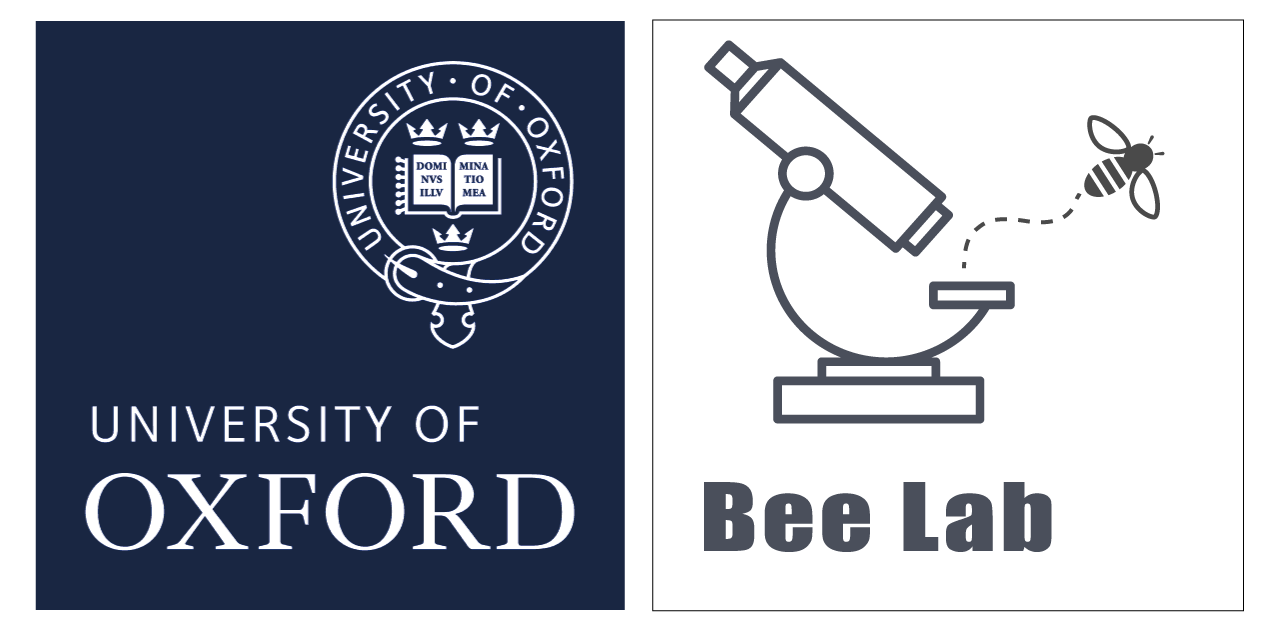Evidence for drugs in nectar as a co-evolved trait in plant-pollinator interactions
Eusocial bees like bumblebees have exceptional abilities to learn to find, collect and store floral nectar. The brains and behaviour of bees are exquisitely tuned to the relative evaluation of nectar quality and quantity and to the probability of encountering it. Their ability to learn, however, also makes them susceptible to manipulation. Surprising recent evidence from our labs has shown that caffeine, found in the nectar of Coffea sp. and Citrus sp., pharmacologically amplifies the rewarding properties of carbohydrates in nectar. We discovered that nectar concentrations of caffeine improve the honeybee’s memory of floral scent in a way that would be expected if the nectar was highly valued. This memory enhancement results from caffeine’s influence on adenosine receptors in Kenyon cells of the mushroom body, the area of the insect brain that integrates sensory information with reward signals to form lasting memories. Plants benefit because caffeinated bees are more likely to deposit pollen on a conspecific plant’s flowers.
Partners:
Prof G Wright - geraldine.wright@zoo.ox.ac.uk
Dr Johnathan Patrick - jonathan.pattrick@zoo.ox.ac.uk

